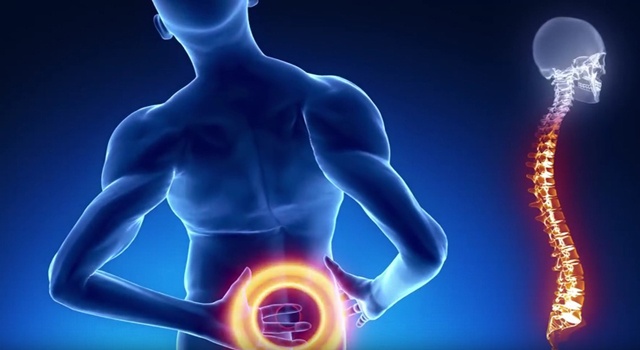Recovering From Post-exercise Injury or Fatigue
Everybody knows that exercise, together with a healthy and balanced diet, is the best route to physical and mental fitness. Nothing equals the thrill of the ‘endorphin rush’ after a really good workout. Or the warm contentment following a good, brisk walk or bike ride.
But it’s all too easy to overdo things. Perhaps you’ve pushed yourself harder than your body really wanted, whether that’s in the gym, or a run that was just that bit longer and faster than usual.
It can take a day or two for muscle pain to really hit, and then it can be debilitating. It will certainly curtail any inclination to exercise for a while, and that’s self-defeating! Tiredness and injury can affect anyone, even those of us who consider ourselves to be seriously fit.
Recovery
The first tip is: don’t let it put you off or discourage you. Stiff muscles and a few aches are quite normal, and can actually be a sign that your level of fitness is improving. Delayed onset muscle soreness, known as DOMS, is likely to affect people starting a new exercise regime, or making changes to an existing one. The NHS has some really good advice from Dr Jonathan Folland, an expert in neuromuscular physiology at Loughborough University.
The simple truth is that time recovering is as important as time exercising, particularly for more strenuous workouts, walks, runs and bike rides.
Treatment
Injury is clearly more serious than simply overdoing things a bit, and there are several treatments available. Which you choose will depend on the type of injury, and what part of the body has been hurt. A few suggestions:
- Hydrotherapy
- Chiropractic
- Stretching
- Compression garments
- Massage
Back Pain
One of the nastiest injuries that can lay the fittest person really low. There are several specialised treatments including IDD Therapy, Shockwave Therapy, and Low Level Laser Therapy. The physiotherapists and chiropractors at the Central Chiropractic Clinic have proved them all to be effective in treating chronic and recurrent injuries and conditions. They are all fully qualified and know exactly how to treat injuries from the ankle to the neck.
Stephen Small explains IDD Therapy
Incidentally, although back injuries can be caused by failing to exercise safely, even stress can be a factor. We unconsciously contract our muscles when we’re stressed, and this can cause pain in the neck, upper back and lower back.
Yoga can also be a huge help, and special Yoga for Healthy Lower Backs courses devised by the University of York and Arthritis Research UK are well worth trying.
So, take care when exercising, try not to get stressed, and remember that help is available if you do fall victim to the dreaded injury!








